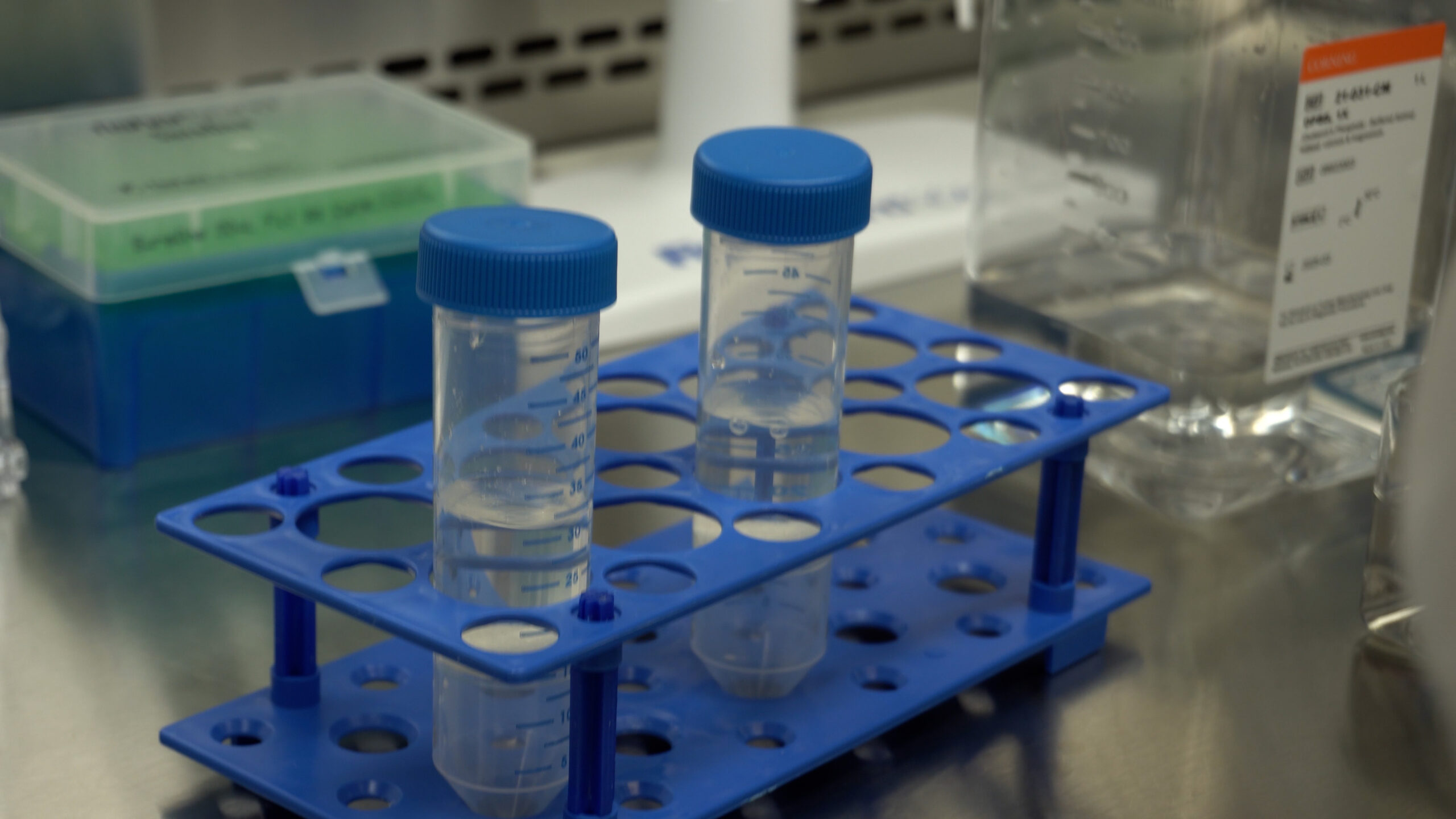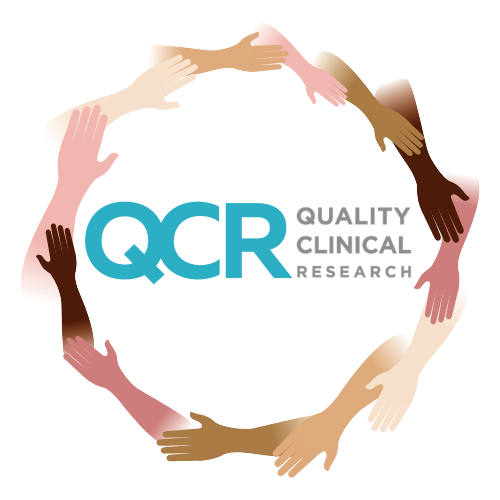QCR’s dedication to Clinical Research for the last 20 years and counting!
QCR Team
Family owned and operated since 2003, QCR has completed 1,000 clinical trials right here in Omaha, NE. Our highly skilled medical staff focuses on education and training to provide the best quality healthcare to our patients. QCR is associated with some of Omaha’s best physicians. From family physicians to specialists, we have a wide range of knowledge and experience.

President

CEO & Vice President

Chief Operations Officer
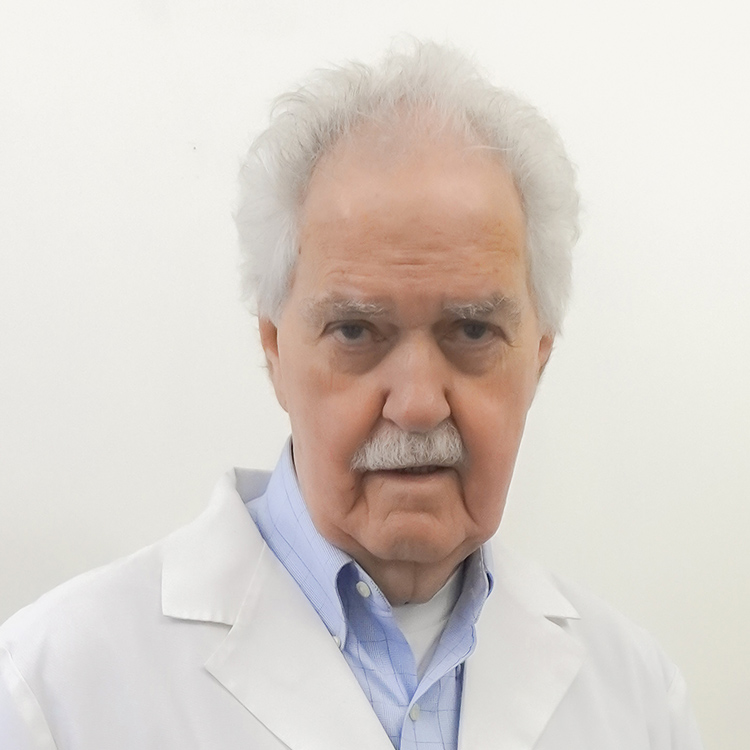
MD, Internal Medicine

MD, PhD, Internal Medicine

MD, Internal Medicine, Certified Principal Investigator
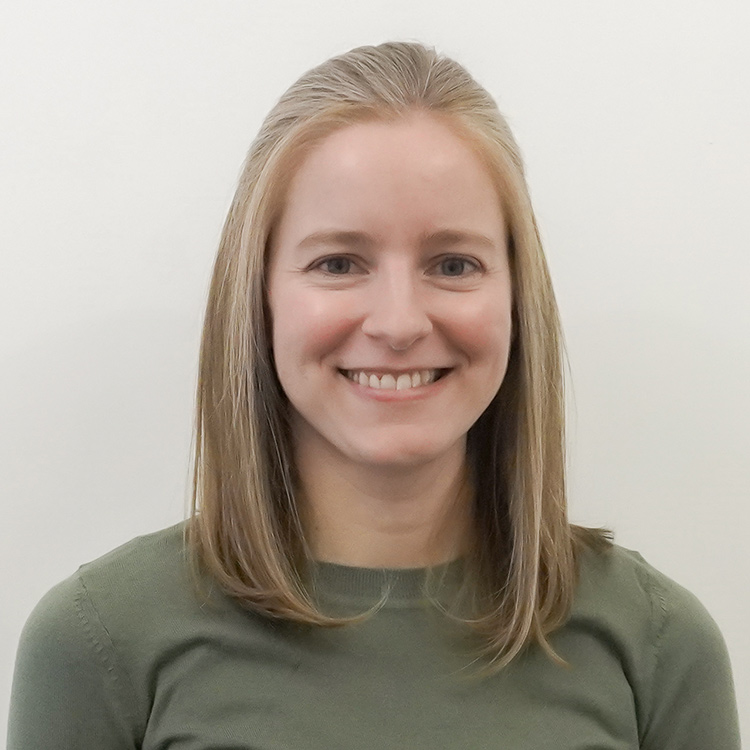
MD, Internal Medicine
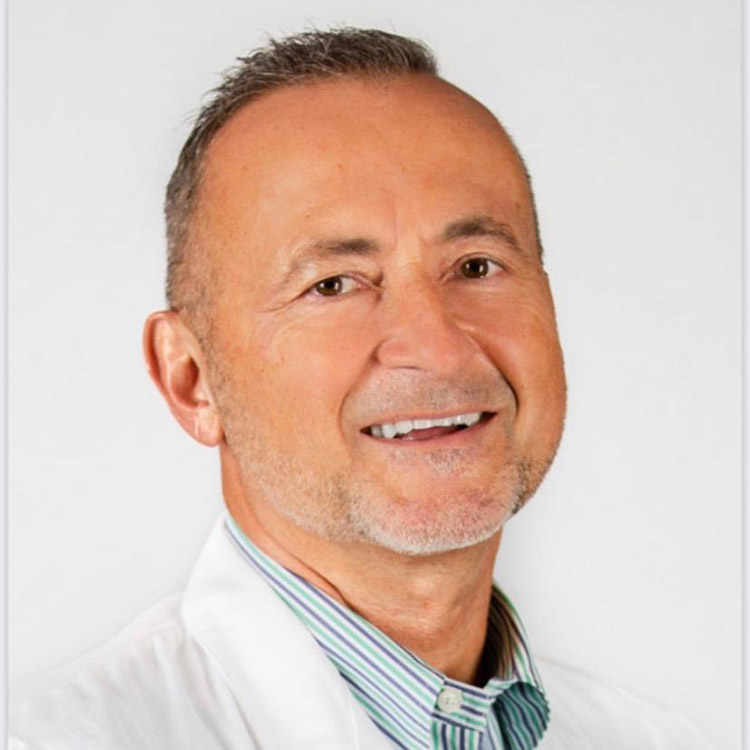
MD, Infectious Disease
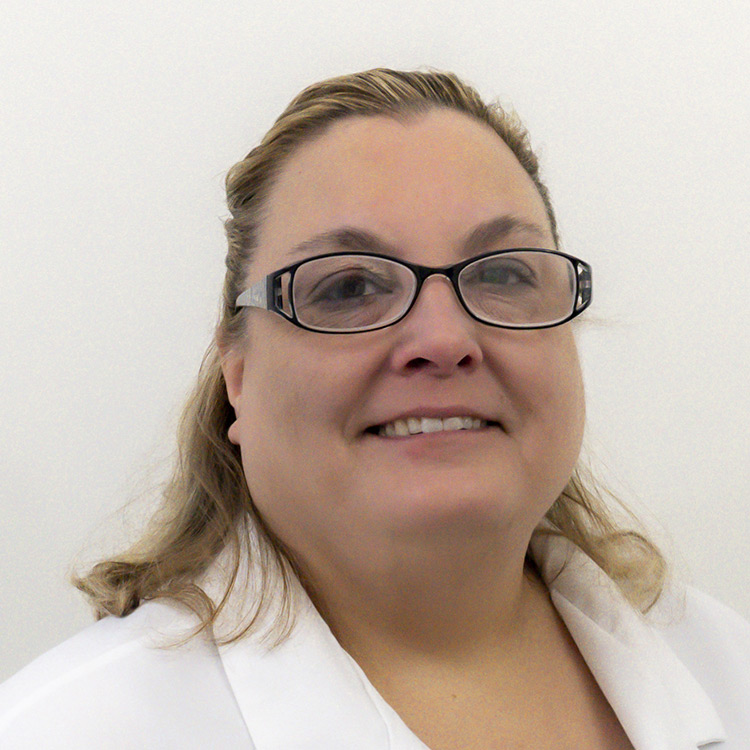
Site Director, Clinical Research Coordinator
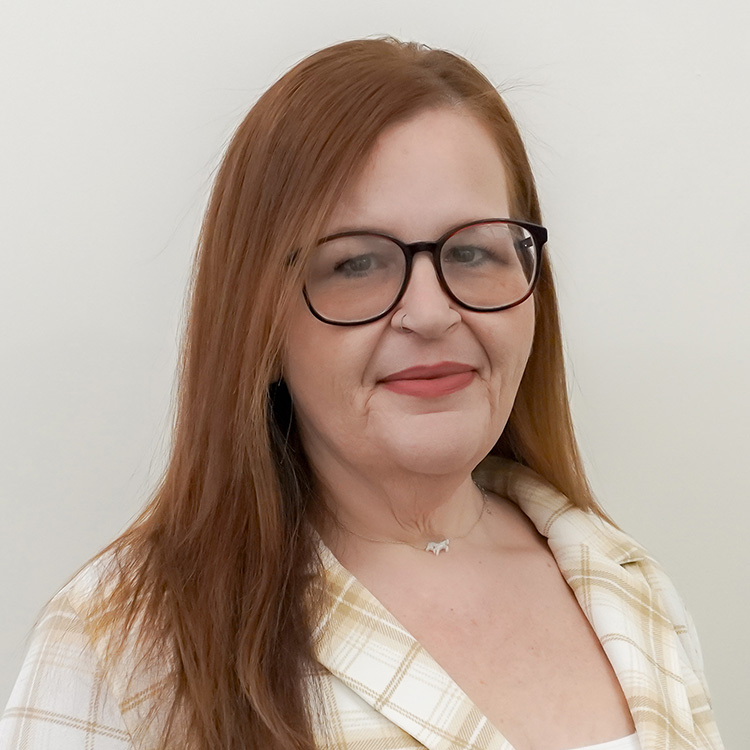
MA, Clinical Research Coordinator
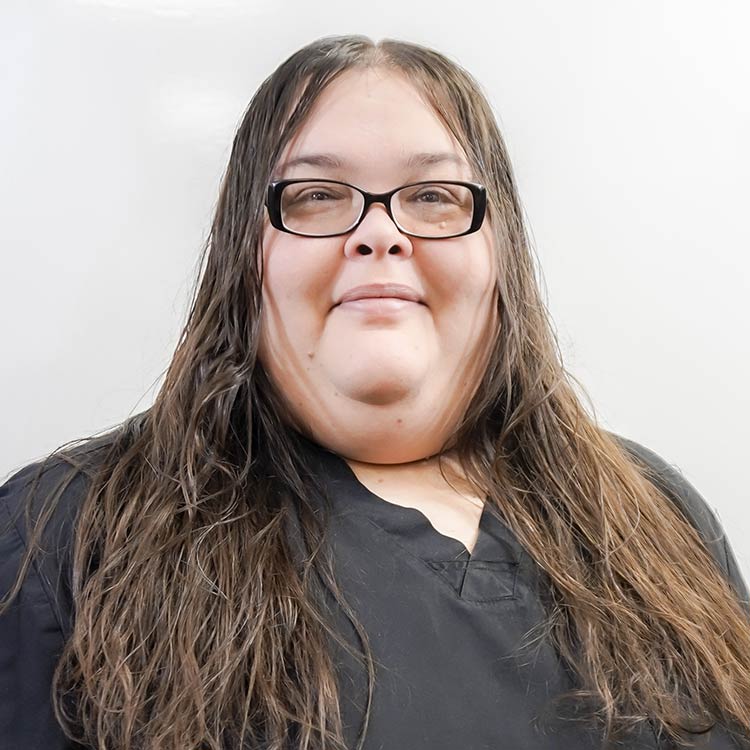
Quality Control Specialist

Business Development Director of Community Outreach

Clinical Research Assistant

Lead Patient Recruiter

Feasibility Specialist

Marketing Strategist

PBMC Specialist
Recruitment Team/Strategy
What We Offer
Includes but is not limited to:
